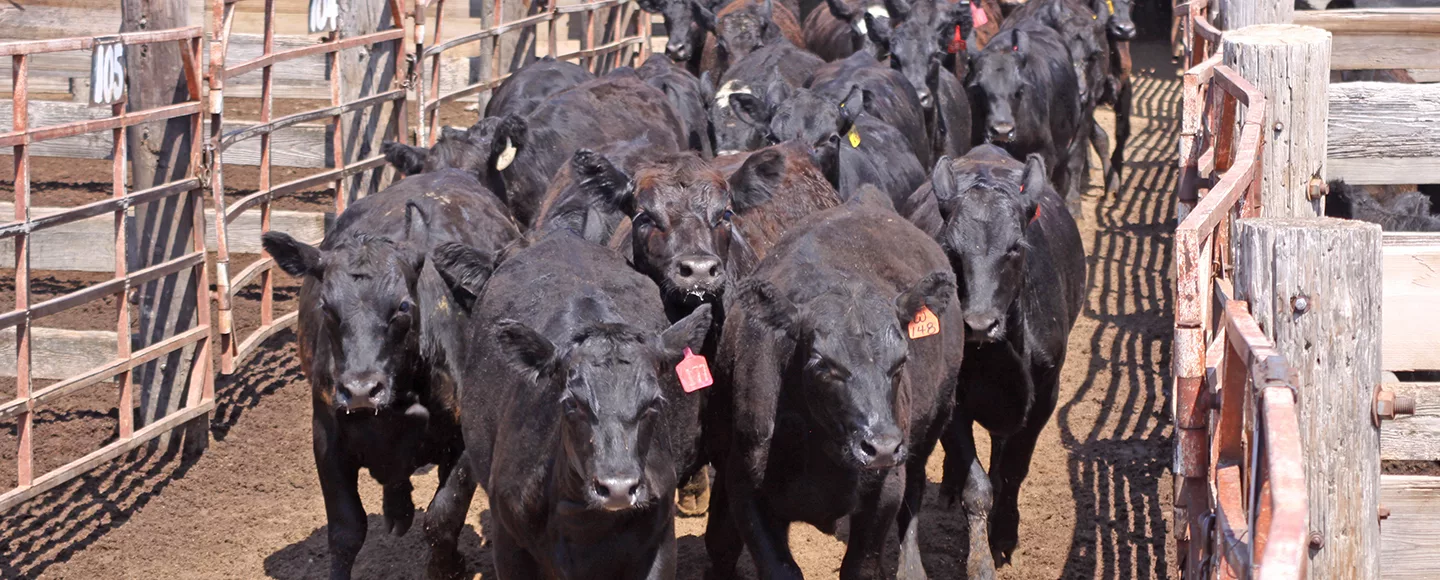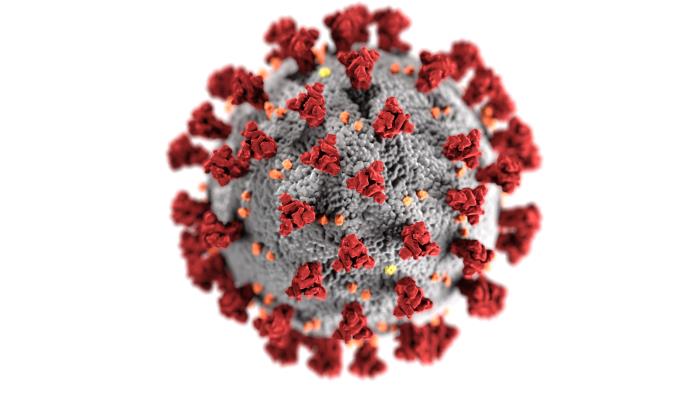TOPEKA – Policy focused on increasing the availability of rural veterinarians, the permitting of small-scale meat processing plants, property rights, animal disease traceability and other key issues was approved by members of the Kansas Livestock Association (KLA) during the group’s annual business meeting December 1 in Wichita, according to a press release from the organization.
With the demand for veterinary services being significantly greater than the number of rural veterinarians currently available, KLA members approved a new resolution supporting the continuation of and increased funding for the Veterinary Training Program for Rural Kansas. The resolution also supports the creation of new programs, or the expansion of those already in place, to incentivize students to attend Kansas State University College of Veterinary Medicine or other accredited colleges in this field outside the state, and emphasize working in a large animal practice in rural Kansas, or a clinic where the majority of the patients are large animals, upon graduation.
In an additional effort to address the lack of veterinary services in rural Kansas, members passed a new resolution calling for KLA to help establish a program that would enable technicians to work with licensed veterinarians to perform certain procedures. These procedures would include, but are not limited to, pregnancy palpation and ultrasound.
Members also approved a new resolution regarding the permitting of small-scale meat processing plants in Kansas. The policy supports Kansas Department of Health and Environment design standards for these plants that are flexible and allow alternative methods of waste handling that are more economically viable, while also continuing to meet statutory requirements and minimize the impact on the environment.
As agricultural land is a vital part of livestock production, a new resolution was passed opposing the purchase or acquisition of additional land by the Kansas Department of Wildlife and Parks. The resolution further states that KLA believes the current budget authority for land acquisition should be repurposed to control invasive species and restore native grasslands.
Members voted in favor of an amendment to a resolution addressing property rights pertaining to commercial solar and wind energy developments. The policy supports legislation to protect the private property rights of landowners adjoining, but not participating in, wind farm or commercial solar developments. It also requires wind or commercial solar developments to have financially sufficient decommissioning plans that protect the property owner at the end of the infrastructure’s life. The resolution opposes renewable portfolio standards for wind or solar energy.
Policy focused on animal disease traceability was reaffirmed by the membership. It supports efforts by the National Cattlemen’s Beef Association and USDA to develop a mandatory, national individual animal identification disease traceability system for all cattle that is of minimal cost to producers, optimizes the role of the private sector in administering the program and protects the confidentiality of individual animal owner records. The policy also supports the expansion of U.S. CattleTrace and limiting the liability exposure of producers that could arise under a private or public animal identification disease traceability program.
Members also reaffirmed policy pertaining to cattle marketing. The resolution supports industry-led changes to the current marketing system that improve the value discovery process. It also affirms that KLA will continue to guard its members’ freedom to utilize the marketing program that best suits their operation.
Additionally, KLA members reaffirmed policy supporting their ability to manage their operations as they see fit. Members oppose attempts by the government to narrow the business options or limit the individual freedom of livestock producers to innovate in the management and marketing of what they produce.
In all, KLA members approved 72 resolutions for 2024. Other issues addressed in KLA policy range from taxes to water to noxious weed control.
KLA is a 5,700-member trade organization representing the state’s livestock business on legislative, regulatory and industry issues at both the state and federal levels. The association’s work is funded through voluntary dues dollars paid by its members.
Dane Hicks is a graduate of the University of Missouri School of Journalism and the United States Marine Corps Officer Candidate School at Quantico, VA. He is the author of novels "The Skinning Tree" and "A Whisper For Help." As publisher of the Anderson County Review in Garnett, KS., he is a recipient of the Kansas Press Association's Boyd Community Service Award as well as more than 60 awards for excellence in news, editorial and photography.





